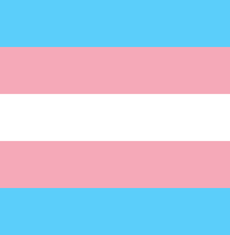Featured Quizzes
User Quizzes
Create Quiz
Data and Charts
Badges and Games
About JetPunk
JetPunk Shop
Dark Mode

Countries with Transgender Recognition
Can you name all of the countries that permit a change in gender identity without the requirement of gender reassignment surgery?
Countries that have regional laws on recognition but not national laws do not count
In some cases, hormonal therapy is required
Source: https://en.wikipedia.org/wiki/LGBT_rights_by_country_or_territory
Rate:
Last updated: April 8, 2021
You have not attempted this quiz yet.
More quiz info >>
| First submitted | December 26, 2020 |
| Times taken | 1,599 |
| Average score | 75.0% |
| Rating | 4.03 | Report this quiz | Report |
6:00
Enter answer here
0
/ 44 guessed
Time Used
00:00
Best Time
00:00
The quiz is paused. You have remaining.
Scoring
You scored / = %
This beats or equals
% of test takers
also scored 100%
The average score is
Your high score is
Your fastest time is
Keep scrolling down for answers and more stats ...
|
|
|
Comments have been disabled on this page.
New and Popular
Save Your Progress
Copyright H Brothers Inc, 2008–2024
Contact Us | Go To Top | View Mobile Site
